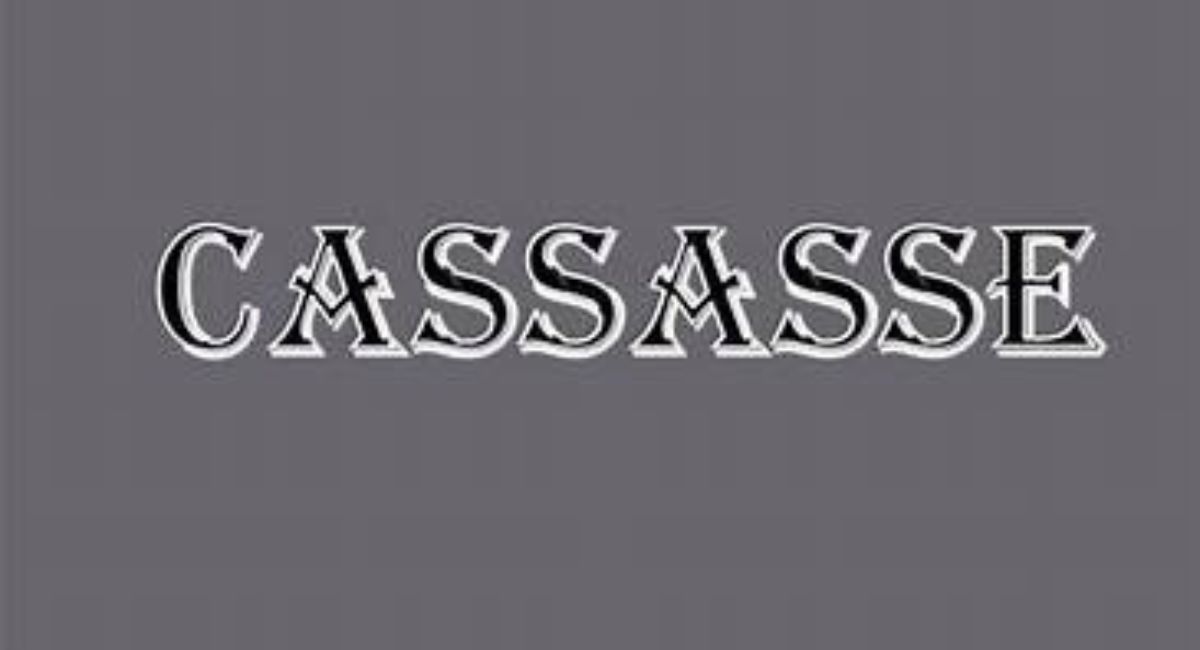Cassasse is a term that evokes curiosity and intrigue. Though not widely recognized in mainstream discourse, it holds significance in certain cultural, historical, or linguistic contexts. The exact meaning of Cassasse can vary depending on regional dialects, historical references, or even modern adaptations. This article explores the possible origins, interpretations, and cultural relevance of Cassasse, shedding light on why this enigmatic term continues to capture interest.
Etymology and Origins of Cassasse
The first step in understanding Cassasse is tracing its linguistic roots. The word appears to have connections to multiple languages and cultures:
-
French Influence – In some interpretations, Cassasse may derive from French or Creole dialects. The French verb casser means “to break,” and Cassasse could be an extended or colloquial form implying something shattered or fragmented.
-
Caribbean and Creole Connections – In certain Caribbean cultures, particularly in Haiti and Martinique, words similar to Cassasse appear in Creole dialects, sometimes referring to traditional dishes, tools, or even folktales.
-
African Linguistic Roots – Some theories suggest that Cassasse may have origins in West African languages, brought to the Americas through the transatlantic slave trade.
-
Modern Slang or Neologism – In contemporary usage, Cassasse might be an invented term in internet culture, gaming, or niche communities, taking on new meanings over time.
Cultural Significance of Cassasse
Depending on its context, Cassasse can represent different things in various cultures:
1. Culinary Traditions
In some interpretations, Cassasse refers to a traditional dish—perhaps a stew, a type of bread, or a fermented beverage. For example:
-
In Haitian cuisine, Cassasse could be linked to cassava, a flatbread made from cassava.
-
In West African cooking, similar-sounding words describe fermented foods or condiments.
If Cassasse is indeed a culinary term, it may represent a historical recipe passed down through generations, embodying the fusion of indigenous, African, and European influences.
2. Folklore and Mythology
In certain oral traditions, Cassasse might be a character in folklore—a trickster, a spirit, or a symbolic figure in myths. For instance:
-
In Caribbean folklore, entities like Ti Malice or Baron Samedi play key roles; Cassasse could be a lesser-known but equally fascinating figure.
-
It might also represent a concept, such as chaos, transformation, or resilience.
3. Musical and Artistic References
Cassasse could appear in music, poetry, or art as a metaphor or stylistic element. Some possibilities include:
-
A rhythm or beat in Afro-Caribbean drumming.
-
A lyrical motif in traditional songs or modern compositions.
4. Modern and Digital Interpretations
In today’s digital age, Cassasse might have evolved into:
-
A username, meme, or inside joke in online communities.
-
A term in gaming or fantasy literature, perhaps a weapon, spell, or fictional location.
Theories and Speculations Around Cassasse
Given its elusive nature, several theories attempt to explain Cassasse:
Theory 1: A Lost or Misinterpreted Word
Some linguists argue that Cassasse could be a misheard or mistranscribed term from an older language, leading to its ambiguous status today.
Theory 2: A Regional Dialect or Secret Code
In certain communities, Cassasse might have been used as slang or a coded word among specific groups, such as traders, sailors, or resistance movements.
Theory 3: A Myth or Legend That Faded Over Time
If Cassasse was part of an oral tradition, its meaning might have diminished as stories were lost or altered through generations.
Cassasse in Contemporary Culture
Despite—or perhaps because of—its obscurity, Cassasse has potential for revival in modern contexts:
-
Literature & Media – Writers and filmmakers could adopt Cassasse as a symbolic element in storytelling.
-
Fashion & Branding – The word’s exotic and mysterious sound makes it appealing for creative branding.
-
Academic Research – Linguists and anthropologists might explore Cassasse as a case study in cultural etymology.
Conclusion
Cassasse remains a fascinating enigma, whether as a forgotten word, a cultural artifact, or a modern invention. Its ambiguity allows for multiple interpretations, making it a subject worthy of further exploration. By examining its possible roots and meanings, we uncover the mystery of a single term and the rich tapestry of language, history, and tradition that shapes our world.
As language evolves, perhaps Cassasse will find new life in the digital era or resurface in cultural rediscoveries. For now, it stands as a testament to the endless intrigue of words and their hidden stories.
